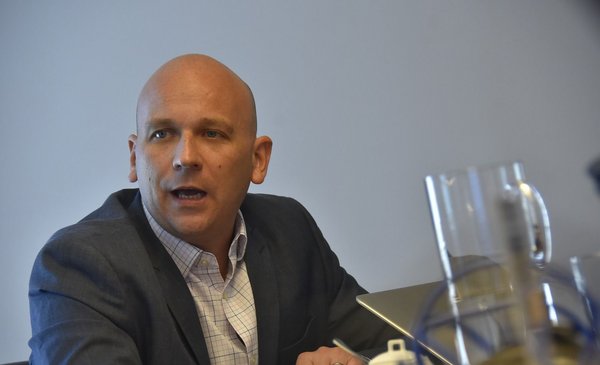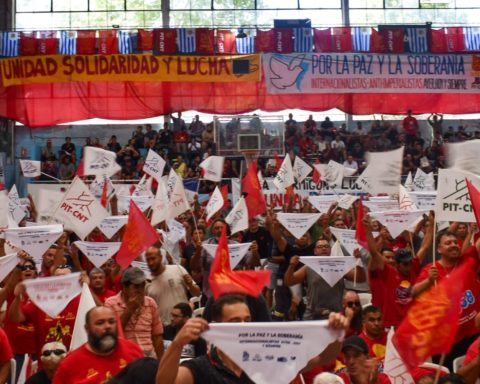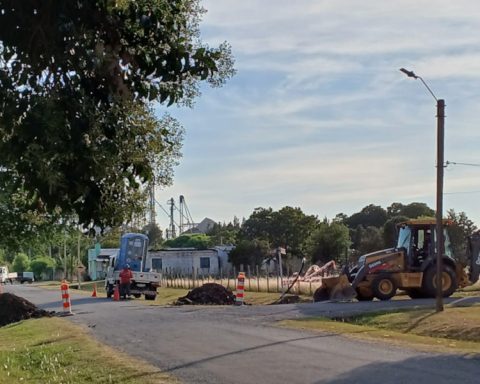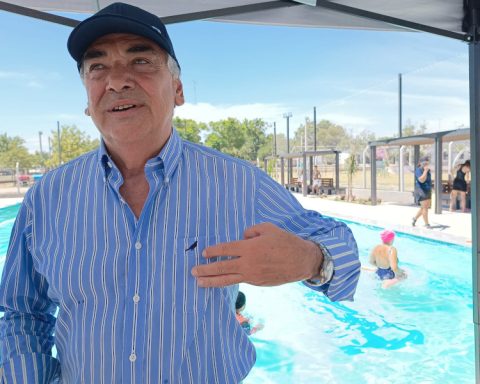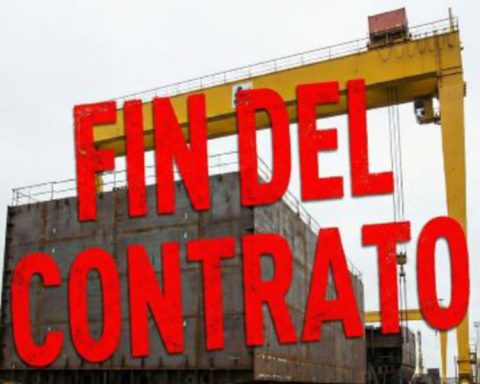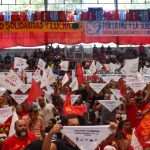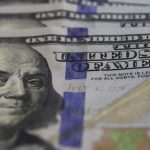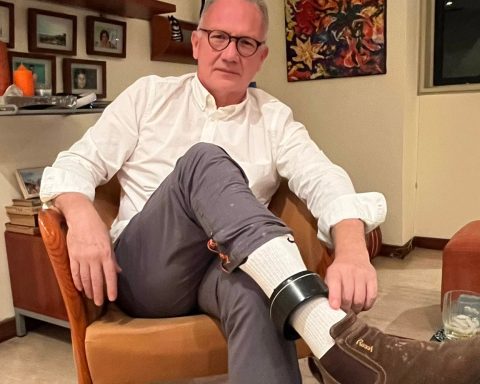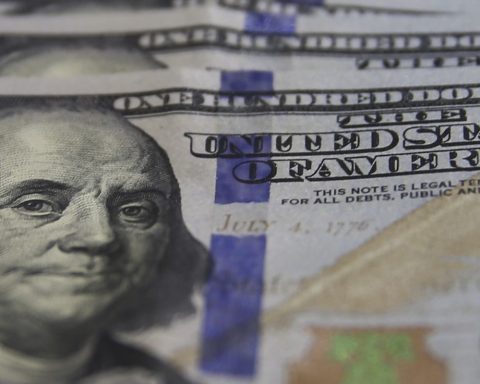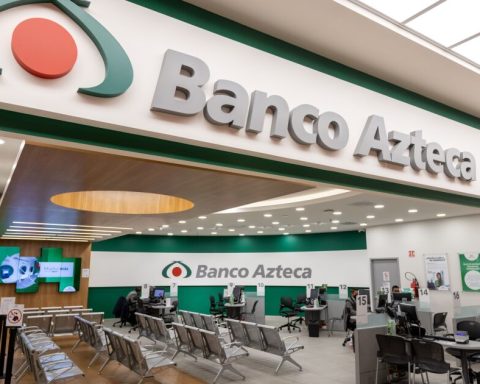“2022 will be remembered as a bleeding year for portfolios (of investments). Probably the adjustment cycle is, I’m not saying coming to an end, but an important part has already been covered. It does not mean that 2023 is going to be happy, but probably the big losses are the ones that we have behind us,” CPA Ferrere economist Alfonso Capurro said Thursday in a talk organized by Itaú bank for clients.
The analyst explained that the global economy is busy a simultaneous triple shock made up of the war in Ukraine, the covid-zero policy in China, and the rate hike by the US Federal Reserve (Fed) to lower the . All three put downward pressure on world growth.
In particular, regarding the Fed’s contractionary policy, the economist said that one of the issues being debated today is the risk of overshooting. What does that involve? “There is like a risk that monetary policy adjusts too much and then has to pivot very quickly. (…) A risk that we end up in a more serious recession than was necessary if we had reacted in time,” Capurro pointed out during the conference at Piso 40.
The exchange rate train
The effects of the increase in the contractionary policy in the US have already been seen in the financial markets and in the price of commodities, which have consolidated a reversal. And also in the strengthening of the dollar globally, that Capurro defined as “quite atypical” compared to other monetary adjustments observed in recent history.
“In this cycle of rate increases, the process accelerated and the dollar is reaching maximum values in real terms of the last almost 40 years.. The counterpart of this is that all currencies in the world, except the Uruguayan peso and the real, have been weakening, ”he said.
In that sense, Capurro pointed out that “it is not the first time that when the world runs in balance”, Uruguay for internal reasons “cannot get on that train”. (…) “Afterwards it is difficult for us to hook up. It worries that we are decoupled. Somehow we fear that we are missing the correction train”, he said in relation to the exchange rate.
As an example, he pointed out that the Central Bank (BCU) itself recognizes in its latest monetary policy report that the real exchange rate “It is 15% below what it should be. “Why are we stuck in this situation? For the same reason as other times. We are gripped by the global crisis with high inflationand far from expanding monetary policy, we are in a contraction phase,” he pointed out.
Inflation of 8% or 6%?
The economist considered that inflation in Uruguay will continue to fall in the coming months —today it is 9% annualized—and that the BCU will raise the interest rate a couple more times before the end of the year, with which it would be close to 12% “at the risk of continuing to stretch the decoupling of the dollar with respect to the rest of the world.”
Y for March inflation would converge to 8% and with it “probably” the monetary authority “stop raising the rate,” he said. On this point, the economist expressed that if the BCU technicians are asked “they would like to give an additional blow to bring inflation to 6%”. And if you ask a president or minister, he will say: ‘Who voted for me to lower inflation to 6%? No one’.
For Capurro, in an environment where the economy will probably cool down in 2023, where “blows” will be received from the rest of the world, and where the real exchange rate is “strongly misaligned, continuing to tighten monetary policy would be excessively costly” in terms of exercise. “At some point, this balance of risk for the Executive Branch will be more noticeable,” he said.
“The problem eventually is that next year Uruguay will arrive in a contraction phase, the dollar will be decoupled and when the BCU begins to lower rates, the global pressure will have changed direction and the dollar will never recover in Uruguay,” alerted.
In another part of his presentation, he pointed out that another point of “concern” is the situation of the labor market, which he defined as a “relatively fragile” front. This is because the economy is growing, but it does not create jobs, he explained.
“We have not managed to translate growth into employment and without sustainable employment it is probably difficult to structurally lower poverty levels,” he stressed.
One of the main challenges in 2023 will be to “defend” employment in a context of reversal of investment, and in addition to difficulties for tourism and border trade, the economist pointed out.
